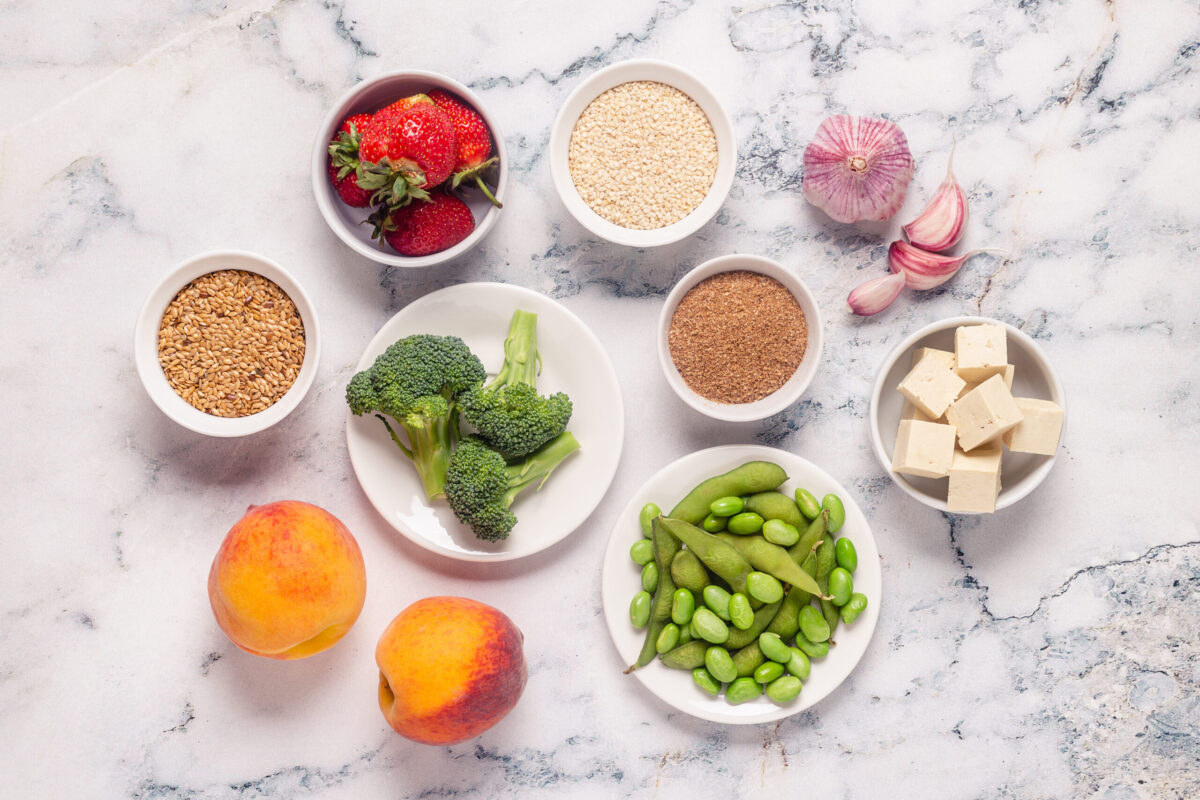What Is a Holistic Relationship with Food?
A holistic relationship with food means seeing food as more than just fuel or calories. It’s about understanding how food affects your body, mind, and emotions. It’s also about listening to your body’s needs, eating with intention, and making food choices that nourish your whole self.
Disclosure: This post may contain affiliate links. If you purchase through these links, I may earn a small commission at no extra cost to you. I only recommend products I personally trust and believe can support your journey toward a healthier, more holistic lifestyle.
Why It Matters
When you treat food holistically, you begin to:
- Feel more in tune with your body
- Reduce emotional eating
- Improve digestion and energy
- Strengthen your mental and emotional health
- Enjoy meals without guilt or shame
1. Practice Mindful Eating
Slow down. Take a few deep breaths before you eat. Notice the colors, textures, and smells of your food. Chew slowly and savor each bite. Mindful eating helps your body digest better and keeps you aware of when you’re full.
Helpful Tools:
- Mindfulness Journal – Great for tracking your meals and how you feel after eating.
- Portion Control Plate Set – Helps you stay balanced without calorie counting.
2. Choose Whole, Nourishing Foods
Focus on whole, minimally processed foods like:
- Fresh fruits and vegetables
- Whole grains
- Healthy fats (avocados, olive oil, nuts)
- Lean proteins (chicken, fish, legumes)
Avoid labeling foods as “good” or “bad.” Instead, ask yourself: How will this food make me feel physically, mentally, and emotionally?
My Favorites:
- Organic Quinoa – A nutrient-rich grain that’s easy to cook and great in salads or bowls.
- Cold-Pressed Extra Virgin Olive Oil – Rich in antioxidants and heart-healthy fats.
3. Honor Your Hunger and Fullness
Tuning in to your hunger cues is key. Ask yourself:
- Am I truly hungry or just bored, stressed, or tired?
- How do I feel after eating this?
Learning to trust your body takes time, but it’s worth it. Try keeping a gentle food and mood journal to notice patterns.
4. Create a Peaceful Eating Environment
Reduce distractions. Turn off the TV, put away your phone, and enjoy your meal in a calm space. Even lighting a candle or playing soft music can transform your mealtime into a more nourishing experience.
- Non-Toxic Soy Candle – Create a cozy, relaxing space for meals.
- Portable Bluetooth Speaker – Add soft instrumental music to your dinner routine.
5. Nourish Your Mind and Soul, Too
A holistic relationship with food includes how you think and feel. Practice self-compassion. Let go of guilt. Know that eating well is a form of self-care—not punishment.
- “The Food Therapist” by Shira Lenchewski – A great book on healing your emotional relationship with food.
- Guided Self-Love Journal – Helps you connect with your inner self.
6. Supplement When Needed (But Keep It Natural)
Sometimes your body needs a little support—especially during times of stress, fatigue, or dietary gaps.
- Organic Greens Superfood Powder – Boosts your intake of greens on busy days.
- Probiotics for Gut Health – Support your digestion and overall wellness.
Final Thoughts
Fostering a holistic relationship with food is a gentle, ongoing journey. Be patient with yourself. Every small step—every mindful meal, every nourishing choice—adds up. The goal isn’t perfection. It’s connection, balance, and care.



